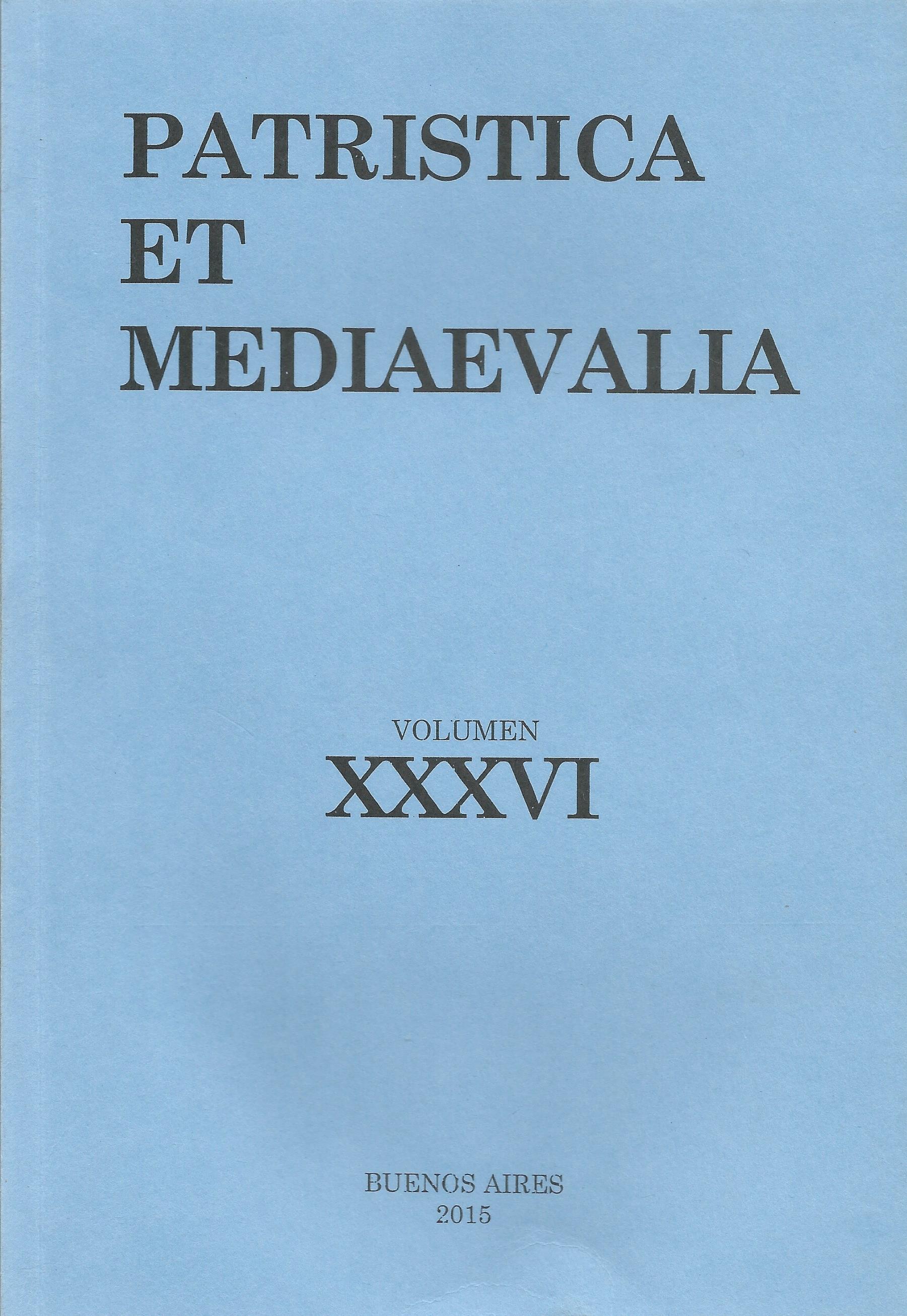Two capuchins friars in defense of African slaves’ liberty: Francisco José de Jaca and Epifanio de Moirans
Abstract
The purpose of this article is to briefly present two points of the Anti-Slavery Project developed by Francisco José de Jaca, OFM Cap (1645-1689) and Epifanio de Moirans, OFM Cap (1644-1689). These points refer to the discourse of Jaca and Moirans about the titles of slavery and the trading of slaves. Through the presentation of these two points it can be perceived that these Capuchin missionaries were very committed to the defense of the freedom of the African slaves. Unlike other authors who had written about black slavery, Jaca and Moirans took on the role of advocates for African slaves and, in a prophetic way, were not afraid to denounce the injustices of the trade and to preach the manumission of all African slaves.Downloads
References
Boxer, C. R. (2007). A igreja militante e a expansão ibérica: 1440-1770. Sao Pablo: Companhia das Letras.
Cárdenas, E. (1980). La Ética Cristiana y la Esclavitud de los Negros: Elementos históricos para el planteamiento de un problema. Theologica Xaveriana, 55, 227-257.
Davis, D.B. (1966). The Problem of Slavery in Western Culture. Oxford: Oxford University Press.
Gallego, J. A. (2005). La esclavitud en la América española. Madrid: Encuentro.
Pena González, M. A. (2002). Francisco José de Jaca: una vida a favor de la liberación de los esclavos negros. Collectanea Franciscana, 72, 599-671.
Pena González, M. A. (2002). Un autor desconocido y singular en el pensamiento hispano. In: FRANCISCO JOSÉ DE JACA. Resolución sobre la libertad de los negros, en estado de paganos y después ya cristianos. Edición crítica por M. A. Pena González. Madrid: CSIC, 2002, pp. XXIII-XCVIII.
Pena González, M. A. (2004). Epifanio de Moirans (1644-1689): misionero capuchino y antiesclavista. In: Collectanea Franciscana, 74, 111-145.
Pena González, M. A. (2005). Doctrina antiesclavista de Epifanio de Moirans en su ‘Servi Liberi’. Naturaleza y Gracia, 52(2), 279-327.
Pena González, M. A. (2007). Epifanio de Moirans: Exponente singular de la práctica antiesclavista. In: EPIFANIO DE MOIRANS. Siervos libres: una propuesta antiesclavista a finales del siglo XVII. Edición crítica por M. A. Pena González. Madrid: CSIC, XVII-LXXV.
Pena González, M. A. (2007). Aportación antiesclavista en tierras de Indias, a fines del siglo XVII. En: Murillo, I. (ed.). El pensamiento hispánico en América: Siglos XVI-XX. Salamanca: Publicaciones Universidad Pontificia, 489-530.
López García, J. T. (1982). Dos defensores de los esclavos negros en el siglo XVII: Francisco José de Jaca y Epifanio de Moirans. Caracas: Universidad Católica Andrés Bello [reedition 2008. Madrid: Visión Libros]
Restrepo, L. F. (2010). Colonial Thought. In Nuccetelli, S., Schutte, O. & Bueno, O. (eds). A Companion to Latin American Philosophy. Chichester: Wiley-Blackwell, 36-52.
Saranyana, J. I. (2003). La filosofía medieval: desde sus orígenes patrióticos hasta la escolástica barroca. Pamplona: EUNSA.
Schüssler, R. (2005). On the Anatomy of Probabilism. In Kraye, J. & Saarinen, R. Moral Philosophy on the Threshold of Modernity. Dordrecht: Springer, 91-113.
Thomas, H. (1997). The Slave Trade: The Story of the Atlantic Slave Trade - 1440-1870. New York: Simon & Schuster.
1. The authors who publish in this magazine accept the following conditions:
-
They retain the copyright and grant to the magazine the right of the first publication, with the work registered under the Attribution-ShareAlike 4.0 International License that allows third parties to use what is published as long as they mention the authorship of the work and the first publication in this magazine.
-
They can make other independent and additional contractual agreements for the non-exclusive distribution of the version of the article published in this magazine (eg. include it in an institutional repository or publish it in a book) provided that they clearly indicate that the work was first published in this journal.
-
They are allowed and recommended to publish their work on the Internet (for example on institutional or personal pages).
2. AutoArchive Conditions. Authors are allowed and encouraged to distribute post-print electronic versions of their manuscripts because it promotes their circulation, a possible increase of quotation and a major reach among the Academic community. Color RoMEO: blue.













